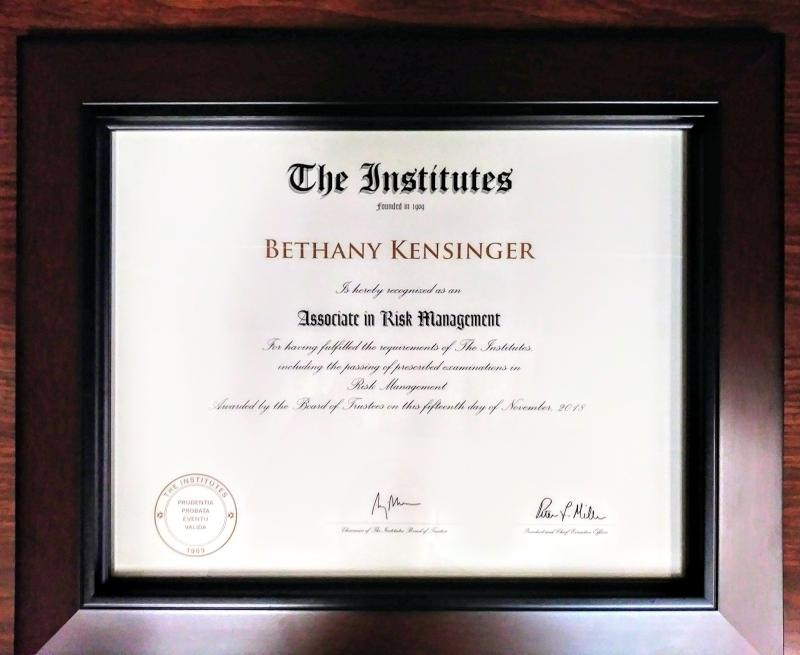
Wayne Huizenga, a well-known businessman as well as philanthropist, is his name. Huizenga Plaza, Fort Lauderdale, Florida's amphitheater, is named after him. His wife Pam, Scott and Ray, as well as 11 grandchildren, are his survivors. He will be buried at Fort Lauderdale's Evergreen Cemetery. His mausoleum can be found in the cemetery.
Businessman
Harry Wayne Huizenga is a very successful businessman. AutoNation and Waste Management Inc. were his two main businesses. He also owned Blockbuster Video, the Miami Dolphins and the National Football League. He is also well-known for being one the richest men in the country. The company he founded, AutoNation, was worth nearly $7 billion at the time of his death. He is the one who established the modern-day model of business.

Huizenga, despite his remarkable achievements, has made headlines for the wrong reason. Recent investigations have shown that Huizenga is involved in organized crime and other criminal activities. The Miami Times reported that Huizenga was convicted for attacking a prospective sale person. He has also been accused of illegal political contributions and of disobeying environmental laws. Huizenga is being accused of many crimes, but it remains unclear whether he is innocent.
Philanthropist
Broward County's businessman was raised in Broward County and is a philanthropist. Many organizations have been benefited by his philanthropy. He received numerous awards and was instrumental in the creation of Nova Southeastern University’s Huizenga Sales Institute. He has been named "Entrepreneur-of the Year" by seven business groups. Success Magazine honored him with the title "Entrepreneur de la Year" in 1995. Financial World Magazine has awarded him five times the title of "CEO" of the Year. He was named Georgetown University’s Business Leader of the year in 1993. He has also received the Horatio Alger Award (the Gordon Grand Fellow Award) and many other awards.
Huizenga's charitable work has made Broward County more pleasant. Huizenga was active in many organizations, such as the American Cancer Society and Boys & Girls Clubs of Broward County. Additionally, he supported several educational institutions, including Nova Southeastern University and the Horatio Alger Association.
Former owner and manager of professional sports teams
The recent boom in investing in professional sporting franchises has attracted a lot of attention, particularly from tech entrepreneurs. Tech giants have purchased many of the top teams in the world. These companies have made many millions. These corporations are not the only ones that have made millions of dollars. Small-time investors in sports also exist who want to invest in the sport. These investors seek ways to get in on a ground-floor level, while others seek ways to make large sums.

Joshua Harris, cofounder and CEO of Apollo Global Management, is one of the successful entrepreneurs who have invested in professional sports teams. He also owns the New Jersey Devils and Philadelphia 76ers as well as Crystal Palace F.C. in the Premier League. Stanley Kroenke also owns eight professional teams. These businesspeople are not the only owners of some of the most prominent sports franchises. Entrepreneurs have purchased multiple teams to expand their business empire.
FAQ
What is the difference between Six Sigma Six Sigma and TQM?
The key difference between the two quality management tools is that while six-sigma focuses its efforts on eliminating defects, total quality management (TQM), focuses more on improving processes and reducing cost.
Six Sigma is an approach for continuous improvement. It emphasizes the elimination or minimization of defects through statistical methods such control charts and p charts.
This method aims to reduce variation in product production. This is accomplished through identifying and correcting root causes.
Total quality management is the measurement and monitoring of all aspects within an organization. This includes training employees to improve their performance.
It is frequently used as an approach to increasing productivity.
What is the best way to motivate your employees as a manager?
Motivation is the desire to do well.
Doing something that is enjoyable can help you get motivated.
You can also feel motivated by making a positive contribution to the success in the organization.
For example: If you want to be a doctor, you might find it more motivating seeing patients than reading medical books all day.
The inner motivation is another type.
You might feel a strong sense for responsibility and want to help others.
Or you might enjoy working hard.
If you feel unmotivated, ask yourself why.
Then, consider ways you could improve your motivation.
What are the five management steps?
The five stages of any business are planning, execution, monitoring, review, and evaluation.
Setting goals for the future requires planning. Planning involves defining your goals and how to get there.
Execution is the actual execution of the plans. Everyone involved must follow them.
Monitoring is checking on progress towards achieving your objectives. This should involve regular reviews of performance against targets and budgets.
Review events take place at each year's end. They allow for an assessment of whether all went well throughout the year. If not, it is possible to make improvements for next year.
Evaluation takes place after the annual review. It helps to determine what worked and what didn’t. It provides feedback about how people perform.
Statistics
- Hire the top business lawyers and save up to 60% on legal fees (upcounsel.com)
- This field is expected to grow about 7% by 2028, a bit faster than the national average for job growth. (wgu.edu)
- The average salary for financial advisors in 2021 is around $60,000 per year, with the top 10% of the profession making more than $111,000 per year. (wgu.edu)
- 100% of the courses are offered online, and no campus visits are required — a big time-saver for you. (online.uc.edu)
- The profession is expected to grow 7% by 2028, a bit faster than the national average. (wgu.edu)
External Links
How To
How can you implement Quality Management Plan (QMP).
QMP (Quality Management Plan), introduced in ISO 9001,2008, provides a systematic method for improving processes, products, or services through continuous improvement. It provides a systematic approach to improving processes, products and customer satisfaction by continuously measuring, analysing, controlling, controlling, and improving them.
QMP is a standard way to improve business performance. QMP helps improve production, service delivery and customer relationships. QMPs should cover all three dimensions - Products, Processes, and Services. The QMP that only addresses one aspect of the process is called a Process QMP. The QMP that focuses on a Product/Service is called a "Product." QMP. The QMP that focuses on customer relationships is known as the "Customer" QMP.
When implementing a QMP, there are two main elements: Scope and Strategy. These elements are as follows:
Scope is what the QMP covers and how long it will last. If your organization wishes to implement a QMP lasting six months, the scope will determine the activities during the first six month.
Strategy: This describes the steps taken to achieve the goals set out in the scope.
A typical QMP has five phases: Planning (Design, Development), Implementation (Implementation), and Maintenance. Each phase is explained below:
Planning: In this stage, the objectives of the QMP are identified and prioritized. To understand the expectations and requirements of all stakeholders, the project is consulted. The next step is to create the strategy for achieving those objectives.
Design: During this stage, the design team develops the vision, mission, strategies, and tactics required for the successful implementation of the QMP. These strategies can be implemented through the creation of detailed plans.
Development: This is where the development team works to build the capabilities and resources necessary for the successful implementation of the QMP.
Implementation involves the actual implementation using the planned strategies.
Maintenance: It is an ongoing process that maintains the QMP over time.
Additional items must be included in QMP.
Stakeholder Engagement: It is crucial for the QMP to be a success. They need to be actively involved in the planning, design, development, implementation, and maintenance stages of the QMP.
Project Initiation: It is essential to have a clear understanding about the problem and the solution before you can initiate a project. In other words, they must understand the motivation for initiating the project and the expectations of the outcome.
Time frame: The QMP's timeframe is critical. If you plan to implement the QMP for a short period, you can start with a simple version. If you are looking for a longer-term commitment, however, you might need more complex versions.
Cost Estimation is another important aspect of the QMP. Without knowing how much you will spend, planning is impossible. It is therefore important to calculate the cost before you start the QMP.
The most important thing about a QMP is that it is not just a document but also a living document. It can change as the company grows or changes. It should be reviewed on a regular basis to ensure that it is still meeting the company's needs.